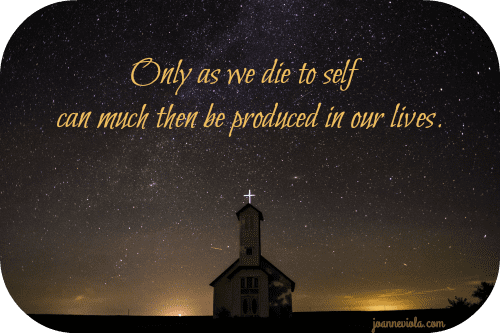Liturgical practices were not a part of my life as we were growing up. Only in my adult life did I become aware of liturgical practices, and as the years have passed, they have become increasingly meaningful.
To “give something up for Lentâ€, as explained by dictionary.com, “is to abandon a pleasurable habit as an act of devotion and self-discipline.†It is a 40 day span in which we abstain as we remember Christ’s 40 days in the wilderness. We think about our own shortcomings, also known as sin, and repent.
The things we give up are little, most times being a dessert, or coffee, or diet soda, or social media. They are truly on the easier side to abstain from, often with a benefit to us other than sacrifice. One person mentioned they were refraining from a particular food in the hopes of getting healthier.
Yet it is not a health for our body we should seek but the health of our souls. The question then becomes, “Are we truly making a sacrifice?â€
“That is why the Lord says, ‘Turn to me now, while there is time. Give me your hearts. Come with fasting, weeping, and mourning. Don’t tear your clothing in your grief, but tear your hearts instead.’ Return to the Lord your God, for he is merciful and compassionate, slow to get angry and filled with unfailing love. He is eager to relent and not punish.’â€
(Joel 2: 12-13, NLT)
We give up the easy stuff of life and hold back on the harder, deeper, and significant sacrifice of the heart. It is as our hearts are lay open and bare that He may indeed then bring blessing.
God desires for us to beyond the external demonstration and get on with the business of what lies hidden and unknown to everyone. He is after a change in our priorities and our attitudes towards others.
Most of the messes in my life were by my own doing. Repentance is called for and necessary. God desires that I feel the weight of my sin and sincerely repent, not with a casualness but with a fervency and sincerity. John Calvin once commented that “moderate repentance will not do.â€
It is by the path of repentance and forgiveness that we are completely and forever accepted by God.
“God’s desire for closer relationship with us requires us to be purified. Though He accepts us as we are, He has even better for us. He loves us too much to leave us in our mess. He collects our broken shards and creates beauty from mere fragments, but the process does not come without pain.†(from Holey, Wholly, Holy Companion Workbook by Kris Camealy, page 22)
Only as we die to self can much then be produced in our lives.
It is in losing our life and our ambitions,
to the very One who has given His life for us to have life,
that we gain even more.
*An edited re-post.
Today I am joining … Heart Encouragement and Destination Inspiration and Tune In Thursday .




This is such a helpful thought process for coming into Lent–a time when we abandon something or adopt something that will bring us closer to God. And, really, it is a matter of health for our souls!
So many parallels to our lives, Joanne. xo